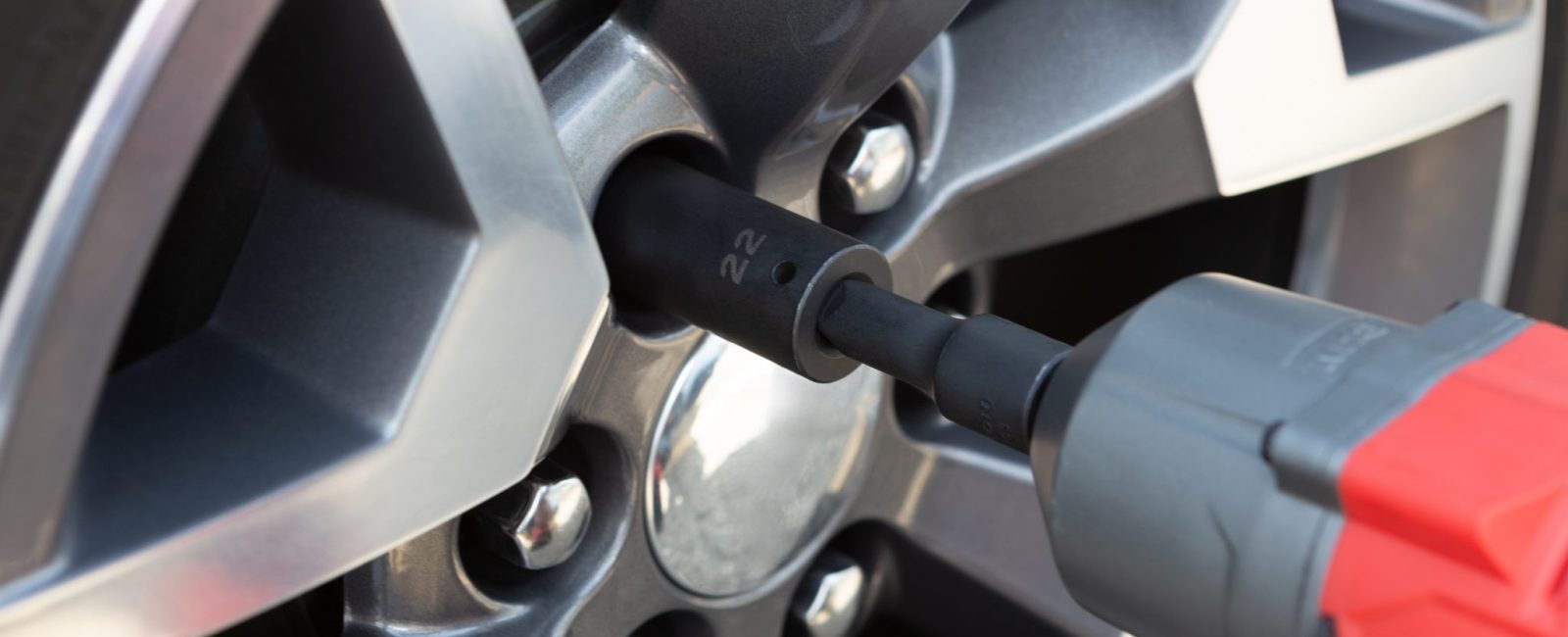
MOT Crisis Unveiled: Gophr’s Research Highlights Urgent Challenges for Garages in Great Britain
Data analyzed by Gophr, a motor factor delivery partner, has shed light on the severe MOT crisis currently affecting Great Britain, where garages are struggling to return vehicles to the road. The combination of a dwindling number of MOT-authorized garages, a growing number of cars on the roads, and difficulties in sourcing essential parts has created a backlog of vehicles awaiting MOT tests to confirm their roadworthiness.
Gophr’s research, titled “Pressure for Parts,” reveals that the number of MOT-authorized vehicle testing stations (VTSs) in Great Britain that conduct class 4 MOTs—the standard test for most passenger cars—has decreased by 167 over the past year, bringing the total down to 22,962 from 23,129 in 2023. As a result, nominated testers (NTs) are increasingly overwhelmed and struggling to meet rising demand, forcing drivers to travel long distances to find available MOT testing options.
This pressure is compounded by an 11.31% increase in passenger vehicles over the last decade, with a total of 32,694,800 cars on the road as of 2024.
Gophr’s findings also highlighted the emergence of “MOT Deserts” outside of London, with Milton Keynes leading the way, facing 3,621.59 cars per VTS. Swindon (2,753.68 cars per VTS) and Brighton (2,434.21 cars per VTS) are also among the most affected areas. The complete list of the top ten MOT deserts in Great Britain (excluding London) includes:
- Milton Keynes: 3,621.59 cars per VTS / 318,700 cars – 88 VTSs
- Swindon: 2,753.68 cars per VTS / 261,600 cars – 95 VTSs
- Brighton: 2,434.21 cars per VTS / 92,500 cars – 38 VTSs
- Leeds: 2,034.42 cars per VTS / 437,400 cars – 215 VTSs
- Sunderland: 1,911.29 cars per VTS / 118,500 cars – 62 VTSs
- Portsmouth: 1,707.35 cars per VTS / 116,100 cars – 68 VTSs
- Edinburgh: 1,455.65 cars per VTS / 180,500 cars – 124 VTSs
- Luton: 1,379.55 cars per VTS / 91,100 cars – 66 VTSs
- Birmingham: 1,370.09 cars per VTS / 426,300 cars – 311 VTSs
- Coventry: 1,228.33 cars per VTS / 147,400 cars – 120 VTSs
The situation in London is even more dire for those seeking quick MOT services. In Westminster, there are an alarming 12,500 cars per VTS, while Islington is serviced by only 4 VTSs for its 33,600 cars. Kensington & Chelsea follows with 4,762.5 cars per VTS, exceeding even Milton Keynes.
Gophr’s list of the top ten MOT deserts across London boroughs includes:
- Westminster: 12,500 cars per VTS / 62,500 Cars – 5 VTS
- Islington: 8,400 cars per VTS / 33,600 cars – 4 VTS
- Kensington & Chelsea: 4,762.5 cars per VTS / 38,100 cars – 8 VTS
- Lambeth: 3,163 cars per VTS / 60,100 cars – 19 VTS
- Sutton: 2,906.9 cars per VTS / 84,300 cars – 29 VTS
- Southwark: 2,750 cars per VTS / 55,000 Cars – 20 VTS
- Bromley: 2,640.7 cars per VTS / 142,600 cars – 54 VTS
- Hackney: 2,531.3 cars per VTS / 40,500 Cars – 16 VTS
- Redbridge: 2,438.1 cars per VTS / 102,400 cars – 42 VTS
- Hammersmith & Fulham: 2,405.3 cars per VTS / 45,700 Cars – 19 VTS
London drivers face additional challenges, such as the risk of paying the ULEZ charge twice if their vehicle must remain overnight at a garage—every London borough is within the ULEZ Charging Zone. This situation further emphasizes the urgency for garages to address their backlogs swiftly.
Moreover, garages are struggling to source essential parts for non-MOT related repairs, complicating efforts to return cars to the road. Mechanics are facing difficulties obtaining radiator hoses, dashboard panels, and steering shafts, causing delays. The industry is also grappling with a significant skills shortage, prompting garage owners to increasingly rely on contractors to manage their overwhelming workloads.
Graham Smith, Strategic Account Director at Gophr, remarked, “Our ‘Pressure for Parts’ research reveals that MOT test stations across the UK are facing mounting pressure for the second consecutive year. Not only are there fewer garages available to conduct these tests, but those that remain are struggling to source the necessary parts to get cars back on the road, resulting in significant traffic jams.
“The full impact of the ULEZ charge is also being felt across all London boroughs. Drivers with non-compliant ULEZ vehicles who only use them occasionally may find themselves incurring £25 in ULEZ payments in addition to the standard £54.85 MOT charge if their vehicles are stuck in garages overnight, which adds nearly 50% to their total costs.
“Timely and efficient delivery of specific car parts is essential for completing work quickly. On-demand delivery from a partner can help alleviate the mounting pressure on garages and motor factors, especially in these MOT deserts.”












